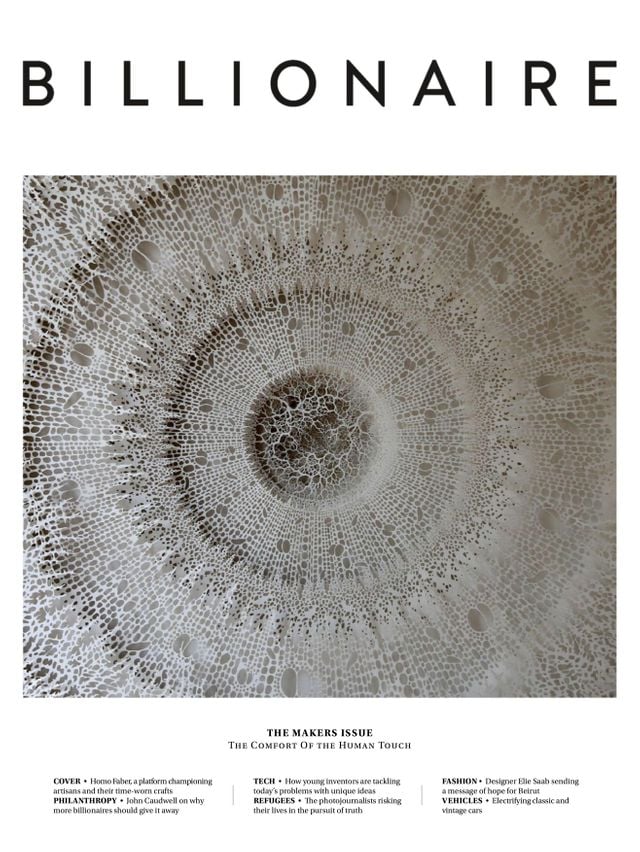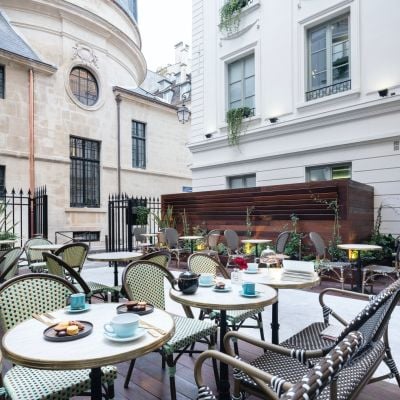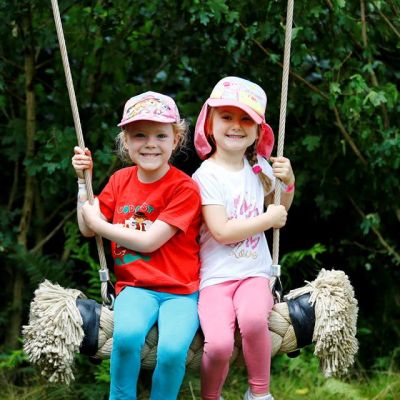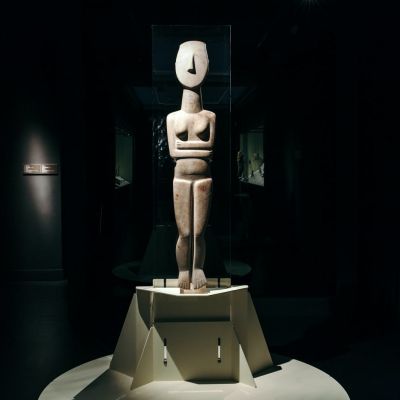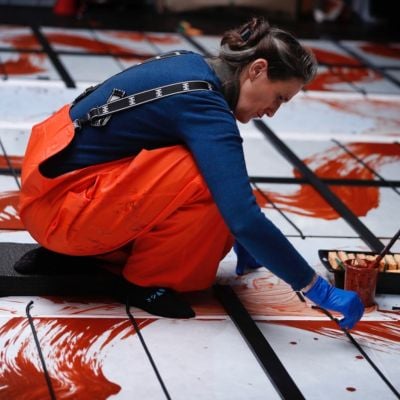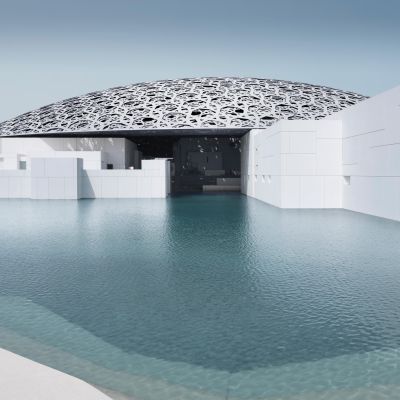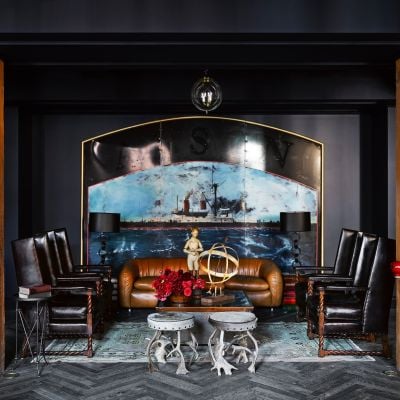Sustainable Star
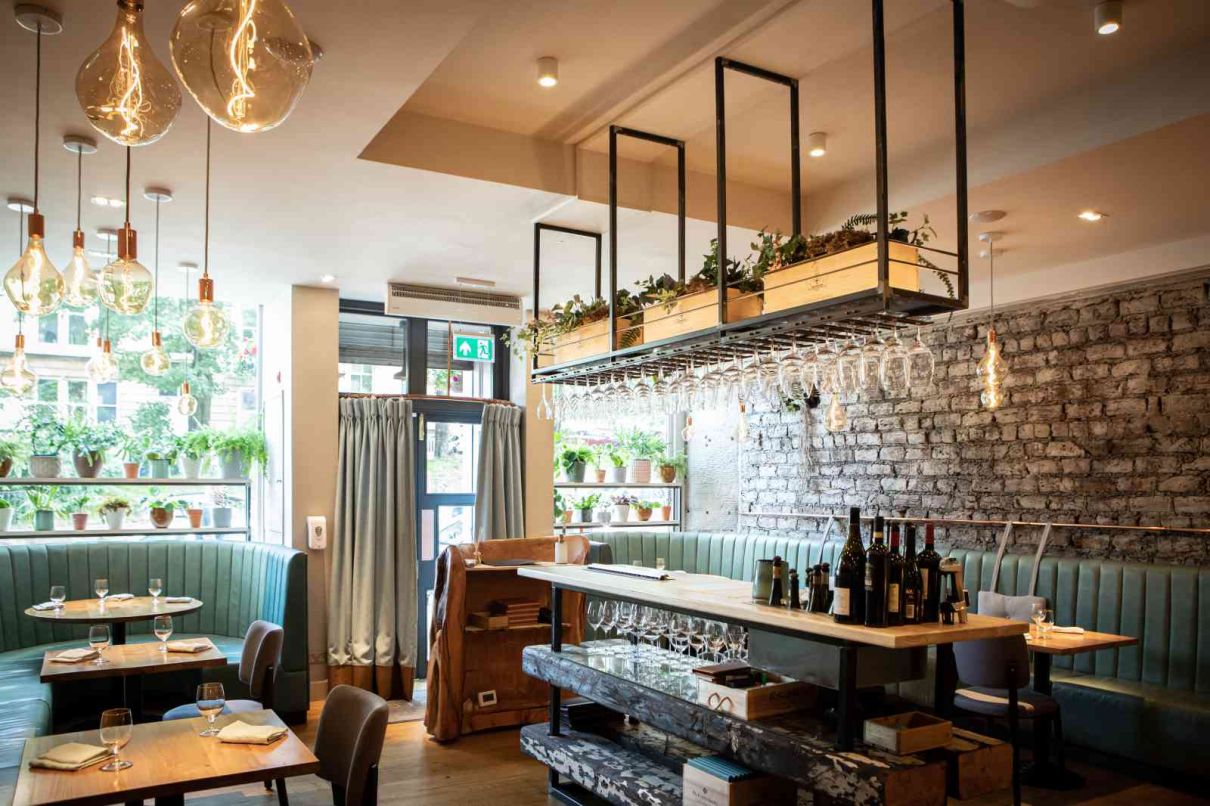
Chef Lorna McNee runs a Glasgow Michelin-starred restaurant with a conscience.
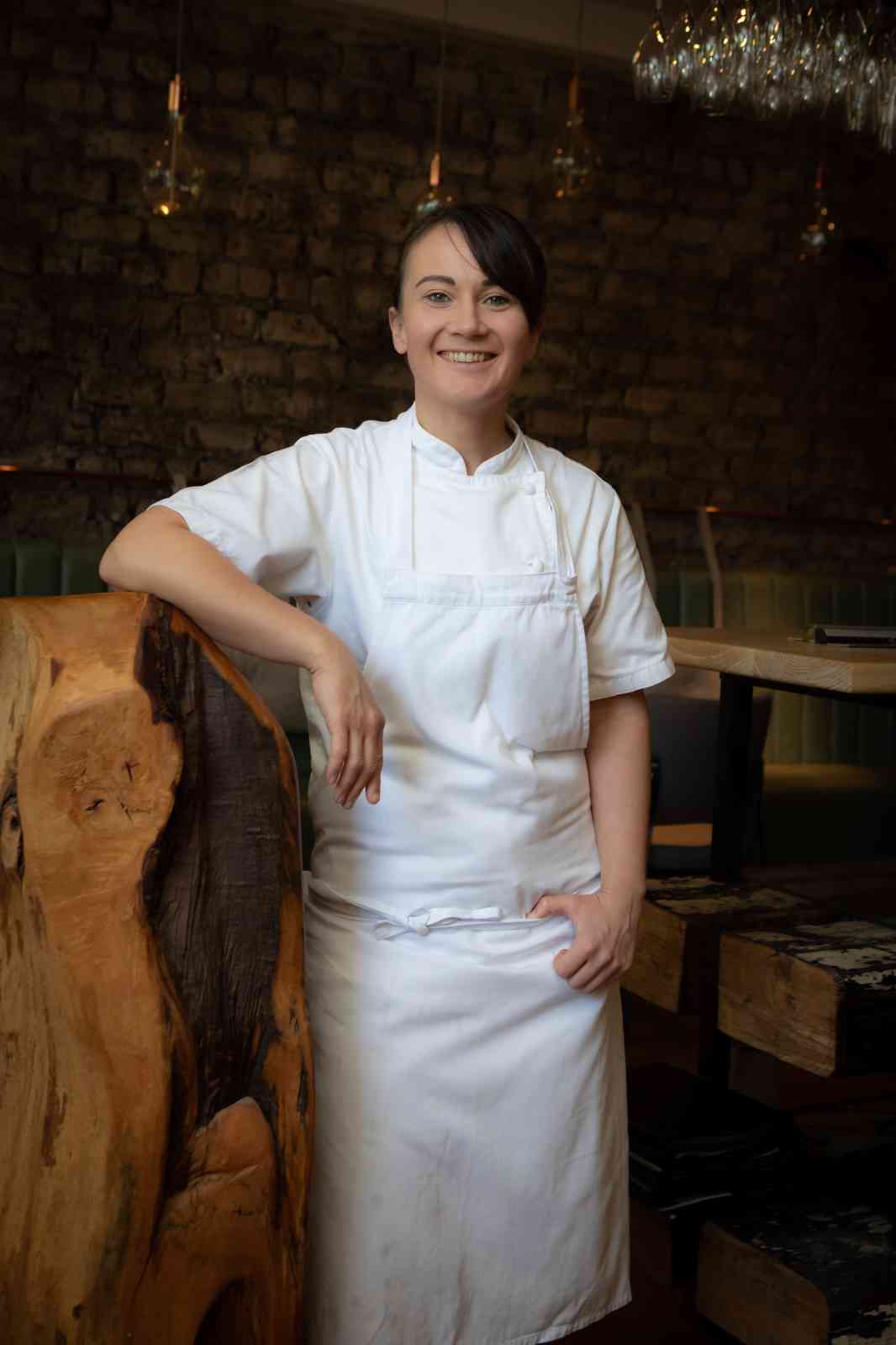
A protégé of the late two Michelin-starred chef Andrew Fairlie and the Great British Menu’s Champion of Champions in 2019, Lorna McNee took up her first head chef role at Cail Bruich in August 2020. She is the only current female chef in Scotland holding a Michelin star, achieving this in just over five months. Supporting local farmers and producers, she favours a seasonal, sustainable, no-waste approach. She sat down for a chat with Billionaire.
How does it feel to be a young woman chef in Scotland, where very few women and starred chefs stand out?
It is a fantastic feeling. It is nice to be celebrated in a country that celebrate. Scotland is unique for produce and food alike, and if I can inspire anyone to do the same or come to Scotland to experience it, I have done my job well.
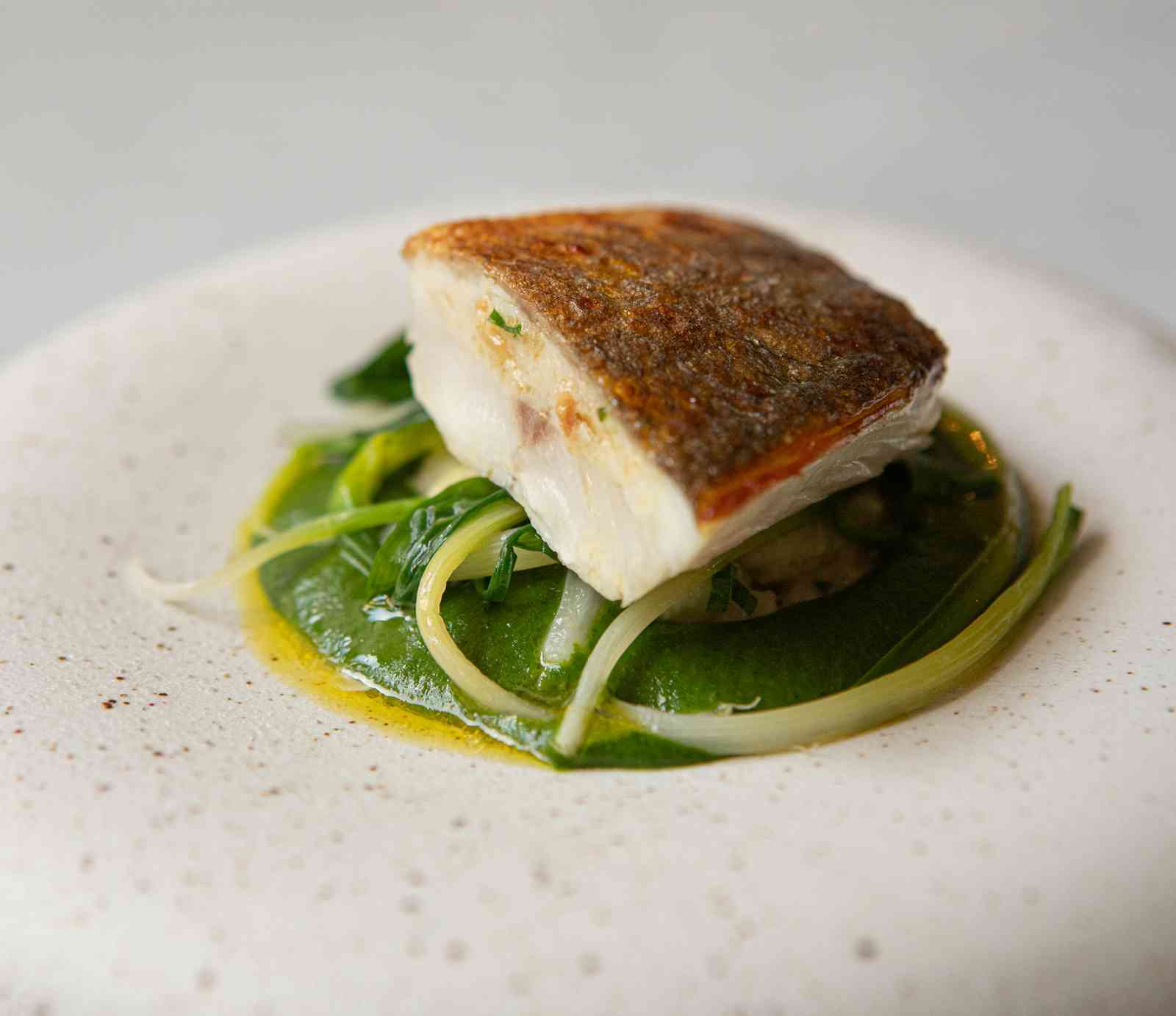
How have things changed over the past decade?
The food scene has definitely changed with regards to what is available, what people do with food and what people want to eat. People like to go to small producers and know where their meat comes from; there is a shift in that less mass-produced food is eaten, which is fantastic moving forward. The way we eat has also changed: clients tend to eat lighter foods and like to know what is on their plate.
At Cail Bruich, you cook based on a natural ecosystem, working with foragers and organic farms.
We like to make sure that we understand where our food comes from. That means meeting with farmers, foragers and fishmongers so that we know that what we are cooking from can be praised. This makes me want to take the product to the next level and treat it with as much respect as they have. We insist on receiving produce in large crates that can be taken away and used again to avoid pollution and waste from cardboard and plastics. We also look after our own garden. It is humbling and teaches our chefs and myself how hard it is to look after and grow produce. And it certainly doesn’t happen overnight. We also experiment and are proud to also use our own waste and coffee beans to fertilise our grounds.
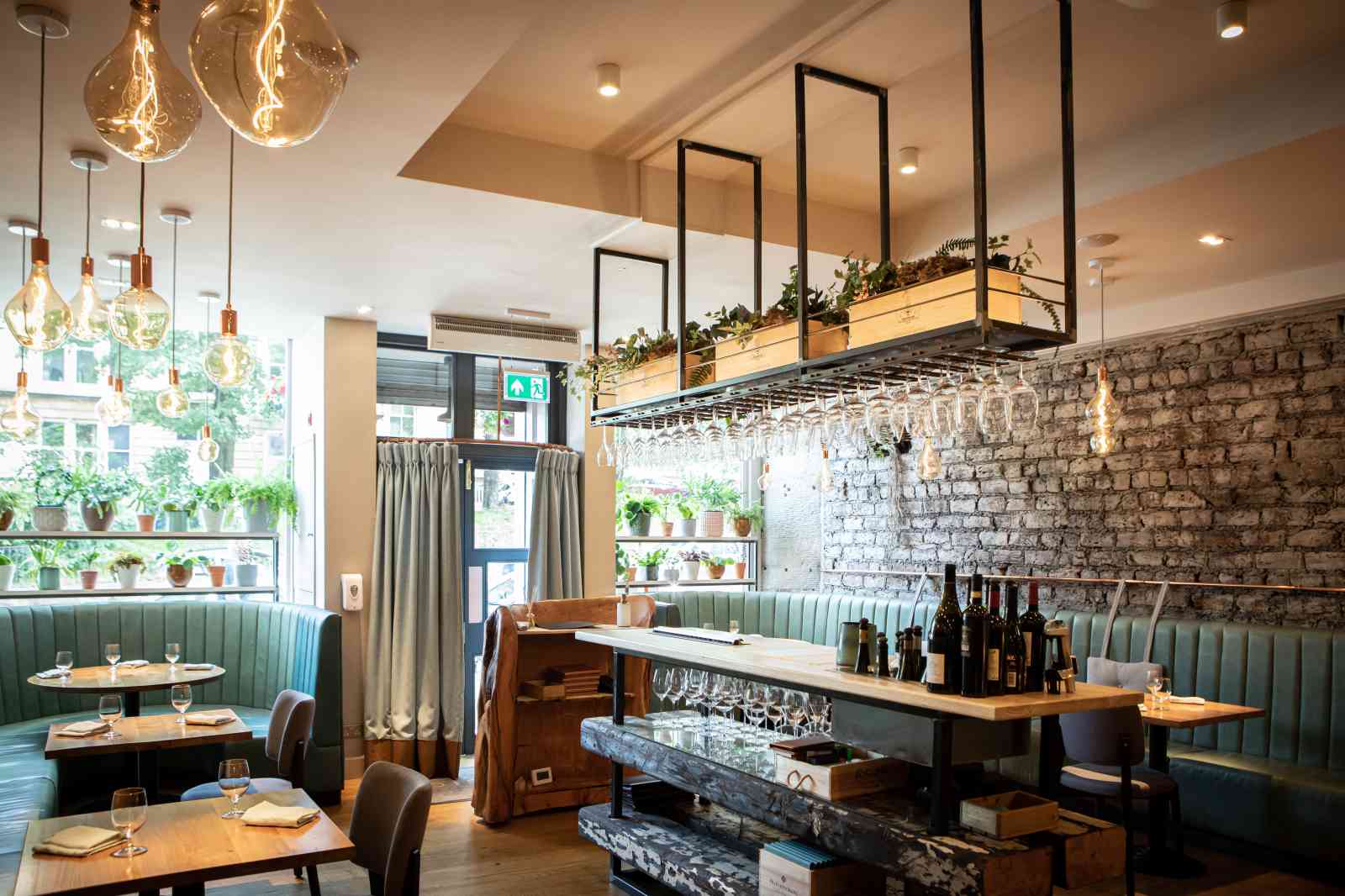
What role does sustainability play in your day-to-day life at the restaurant? Are customer habits and tastes changing?
Every day, we try to be as sustainable as possible, create the least waste and use every part of our product. This is not always possible, but we push for it in everything we do. Customers are keen on understanding the chef’s vision and embarking on a journey about the food. They are curious about where it comes from and how it has been transformed or kept raw.
What is your approach to waste?
We try and use every part of the product. For example, we have a rhubarb dish on at the moment. The skins are too stringy and fibrous to be eaten so we have to peel the rhubarb. Yet, with the skins, we make a stock that turns to a bright red colour: we then re-poach the rhubarb in it to keep it pink. No one sees the difference, but it’s there in the taste.
The same goes for scallops; nothing goes to waste. We roast the scallop meat and we use the roe to make a butter, with which we finish the scallop off. We wash the skirts and use them in a sauce. The release of fresh sea flavours is incredible and we use the shells to serve the dish. You can’t get any more sustainable than that.
How do you share your values?
I think talking daily to guests about quality, waste, creativity and taste is the best way to bring your values forward. They become part of the conversation and, suddenly, it becomes a shared way of life. I teach my chefs about it every day and if I can get it across to them, they’ll take it with them to their next restaurant. Then I know I am doing something right.
www.cailbruich.co.uk

